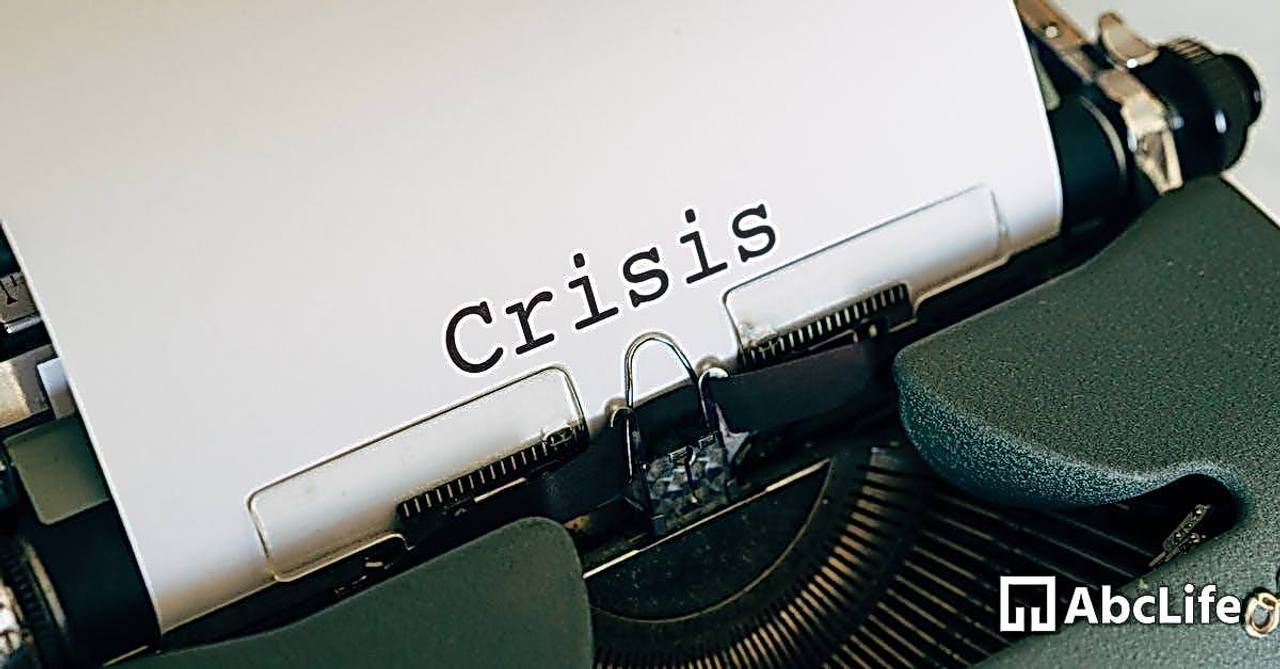Stress is unavoidable in life, but too much of it can harm your physical and mental health, as well as your productivity. Learning how to effectively manage stress can help you stay focused and accomplish more with less effort. This article will go over ten tips for reducing stress and increasing productivity:
- Set priorities
- Create a routine
- Avoid multitasking
- Take breaks
- Keep your workspace organized
- Get enough sleep
- Exercise regularly
- Eat healthy
- Practice mindfulness
- Seek support
By following these suggestions, you can reduce stress and increase productivity, allowing you to achieve your goals with less effort and more focus.
Set Priorities for Effective Stress Management

Stress is a natural part of life, but when it becomes too much to bear, it can have a negative impact on your physical and mental health, as well as your productivity. Setting priorities that help you focus on what's important rather than getting bogged down by distractions is one of the most important ways to manage stress.
Begin by identifying your top priorities, whether they are work-related, family-related, or personal goals. Once you've determined what's most important, devote your energy and time to completing those tasks. This will give you a sense of control and make you feel less overwhelmed.
You must also learn to say no to requests that do not align with your priorities. It's easy to get caught up in other people's expectations or requests, but it's okay to decline if they don't serve you or align with your goals. Setting boundaries is critical for stress management and overall well-being.
Remember that setting priorities is not about being perfect, but rather about being deliberate about where you focus your time and energy. You will reduce your stress and increase your productivity as a result.
Create a Routine and Stick to It

Developing a routine is one of the most effective ways to reduce stress and increase productivity. We know what to expect and when to expect it when we stick to a routine. This helps to alleviate the stress of uncertainty, which can be a significant source of anxiety for many people.
Starting with a daily schedule is one way to establish a routine. This can include things like waking up at the same time every day, eating meals at regular intervals, and making time for work, hobbies, and relaxation. You can help to reduce stress and increase productivity by creating and sticking to a schedule.
Another important aspect of developing a routine is to schedule breaks and time for self-care. Giving yourself time to recharge and relax, whether through meditation, exercise, or spending time with loved ones, is critical. You can reduce stress and improve your overall well-being by taking care of yourself and sticking to a routine.
Avoid Multitasking to Boost Productivity
Multitasking is one of the most significant productivity drainers. Contrary to popular belief, multitasking does not increase productivity. In fact, the opposite is true. When we try to do too many things at once, we end up spreading ourselves too thin and not accomplishing much.
According to research, the brain cannot handle more than one task at a time. When we try to do two or more things at once, we end up switching between them, which wastes time and mental energy. As a result, there are more mistakes, more stress, and, ultimately, less productivity.
To increase your productivity, concentrate on one task at a time. This entails avoiding distractions and focusing solely on the task at hand. You'll be able to finish tasks more quickly, with fewer mistakes, and with less stress. If you find yourself becoming bored or losing focus, take a short break or switch to a different task for a few minutes before returning to your original task.
You'll be able to get more done in less time and improve your overall productivity if you avoid multitasking and focus on one task at a time.
Take Breaks to Reduce Stress
Technology and fast-paced work environments have created an unnatural and unhealthy work-life balance. People all over the world are dealing with stress and anxiety issues that are affecting both their personal and professional lives. Work overload, deadlines, and long working hours all contribute to these issues, which frequently result in burnout and decreased productivity levels.
Taking regular breaks is an effective way to reduce stress. While taking breaks when you have a heavy workload may seem counter-intuitive, numerous studies have shown that incorporating breaks into your workday can increase productivity and creativity, as well as reduce stress. Breaks allow your mind to recharge and refocus, resulting in improved performance.
It is critical to remember that breaks do not have to be long. You can take a five- or ten-minute break to stretch your legs, drink some coffee, or simply step away from your desk. The key is to take frequent breaks throughout the day and to avoid working for long periods of time without allowing your mind and body to rest.
Benefits of Taking Frequent Breaks
Taking frequent breaks throughout the day can help reduce stress and promote overall well-being, both mentally and physically. Here are a few advantages of taking breaks:
- Increases creativity and productivity levels
- Reduces stress, anxiety, and exhaustion
- Improves focus and concentration
- Reduces the risk of burnout
- Helps maintain a healthy work-life balance
Finally, taking breaks is critical for reducing stress and increasing productivity. You can improve your overall well-being and work performance by incorporating regular breaks into your workday.
Keep Your Workspace Tidy and Organized
A cluttered workspace results in a cluttered mind, which leads to stress and decreased productivity. As a result, it's critical to keep your workspace tidy and organized. First, make sure you have enough storage to keep everything organized. To keep your documents, supplies, and equipment organized, invest in shelving, filing cabinets, or desk organizers. Labeling these can help you find what you need quickly and save you time looking for it.
Cleaning is another critical aspect. Wipe down your desk and equipment every day to prevent dust and grime buildup. A clean workspace not only makes you feel healthier, but it also makes you more focused and motivated. You can also decorate your workspace with pictures or plants to create a relaxing atmosphere. A comfortable chair and adequate lighting are also essential for reducing strain on your body and eyes.
Get Enough Sleep to Stay Productive
Getting enough sleep is one of the most important tips for reducing stress and increasing productivity. Sleep deprivation can negatively impact your mood, concentration, and cognitive ability, resulting in decreased productivity at work or school. It can also raise stress levels because tired and exhausted bodies produce more cortisol, the stress hormone.
Maintain a regular sleep schedule to get the most out of your sleep. Going to bed and waking up at the same time every day can help to regulate your body clock and improve your sleep quality. Create a relaxing and comfortable sleeping environment as well. With a comfortable mattress and pillows, your bedroom should be dark, quiet, and cool. Caffeine and heavy meals should be avoided before bedtime because they can disrupt your sleep quality. Finally, avoid using electronic devices before going to bed because they emit blue light, which can disrupt your sleep cycle.
Stay Active and Exercise Regularly
Staying active and exercising on a regular basis is one of the most effective ways to reduce stress and increase productivity. Exercise can help you relieve stress, improve your overall health, and sharpen your mind and focus.
You can stay active and incorporate exercise into your daily routine in a variety of ways. Try going for a morning walk or jog before work, signing up for a fitness class, or simply taking short breaks throughout the day to stretch and move your body.
Whatever you decide, make exercise a priority and commit to staying active on a regular basis. It will not only assist you in reducing stress and increasing productivity, but it will also improve your overall quality of life.
Eat a Balanced Diet to Fight Stress
When we are stressed, our bodies frequently crave unhealthy foods such as fast food and sugary snacks. While these foods may provide temporary relief, they can actually exacerbate our stress in the long run. To combat stress, it is more important to focus on eating a balanced, healthy diet.
So, what should you eat? A combination of lean proteins, whole grains, vegetables, and fruits is recommended. These foods provide your body with the vitamins and minerals it requires to function optimally, which can help reduce feelings of stress and anxiety. It's also critical to stay hydrated throughout the day by drinking plenty of water.
Pay attention to how you eat in addition to what you eat. Eat slowly and mindfully, focusing on the flavors and textures of your food. This can help you enjoy your meals more while also lowering your stress levels.
Eating a balanced diet can be difficult, especially when you're stressed and busy. However, by making minor changes to your eating habits, you can provide your body with the nutrients it requires to combat stress and improve your overall well-being.










